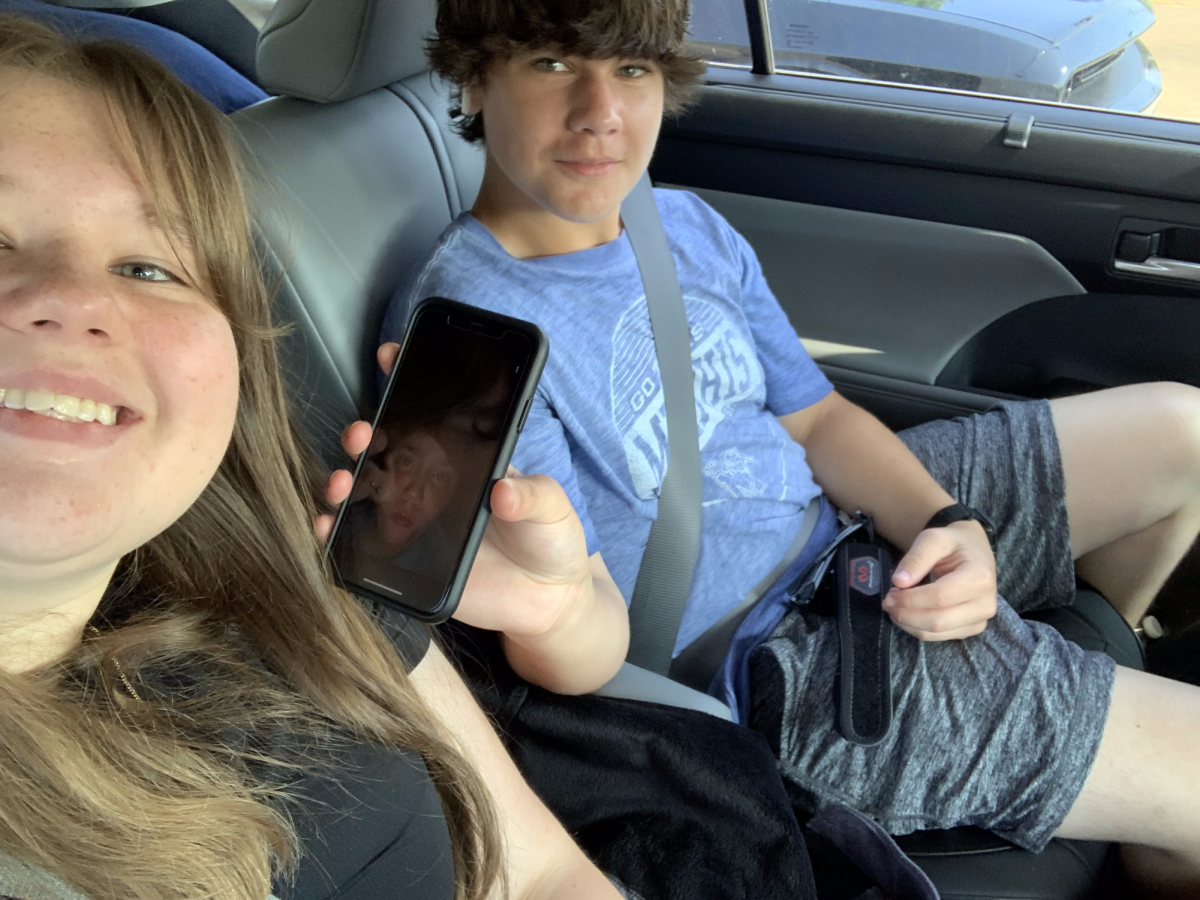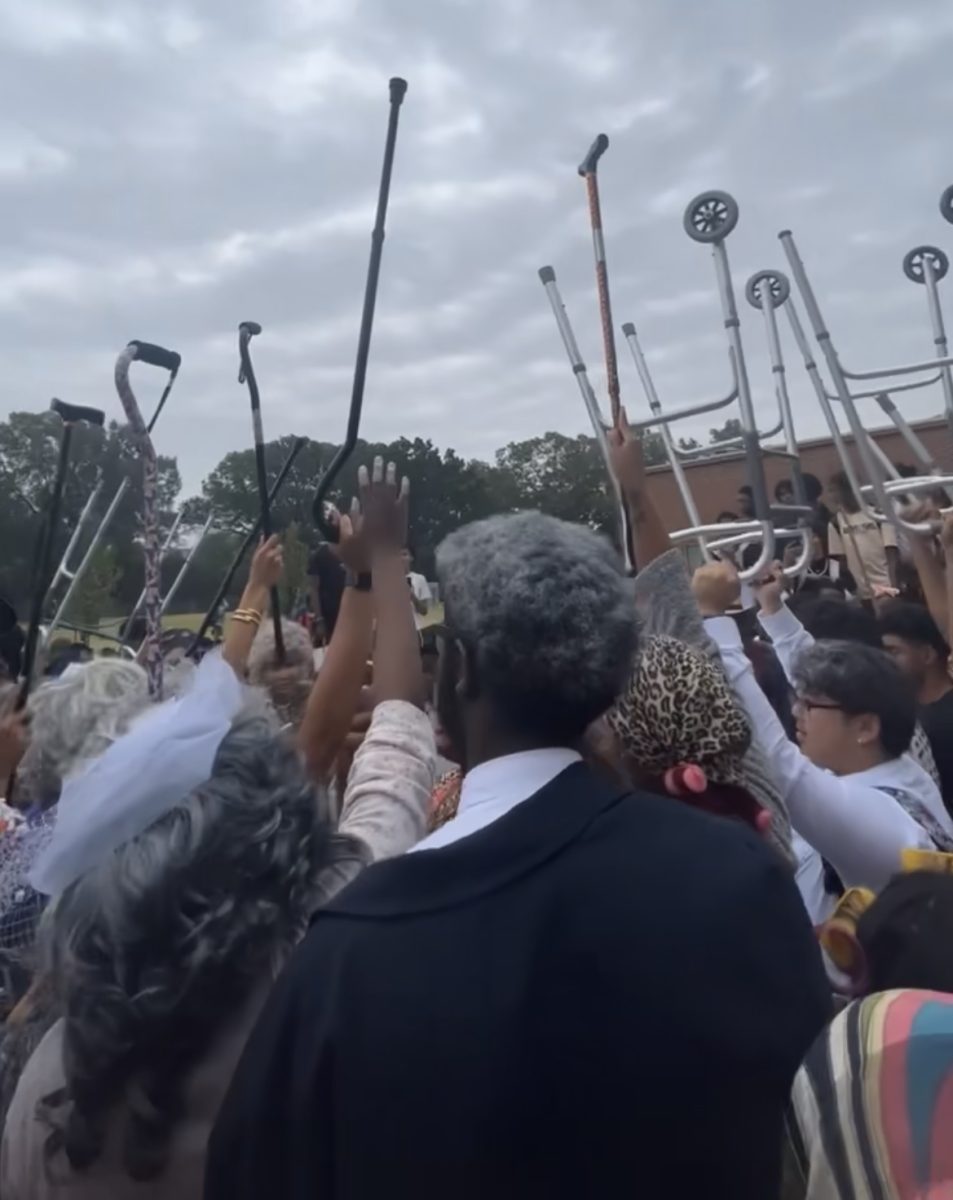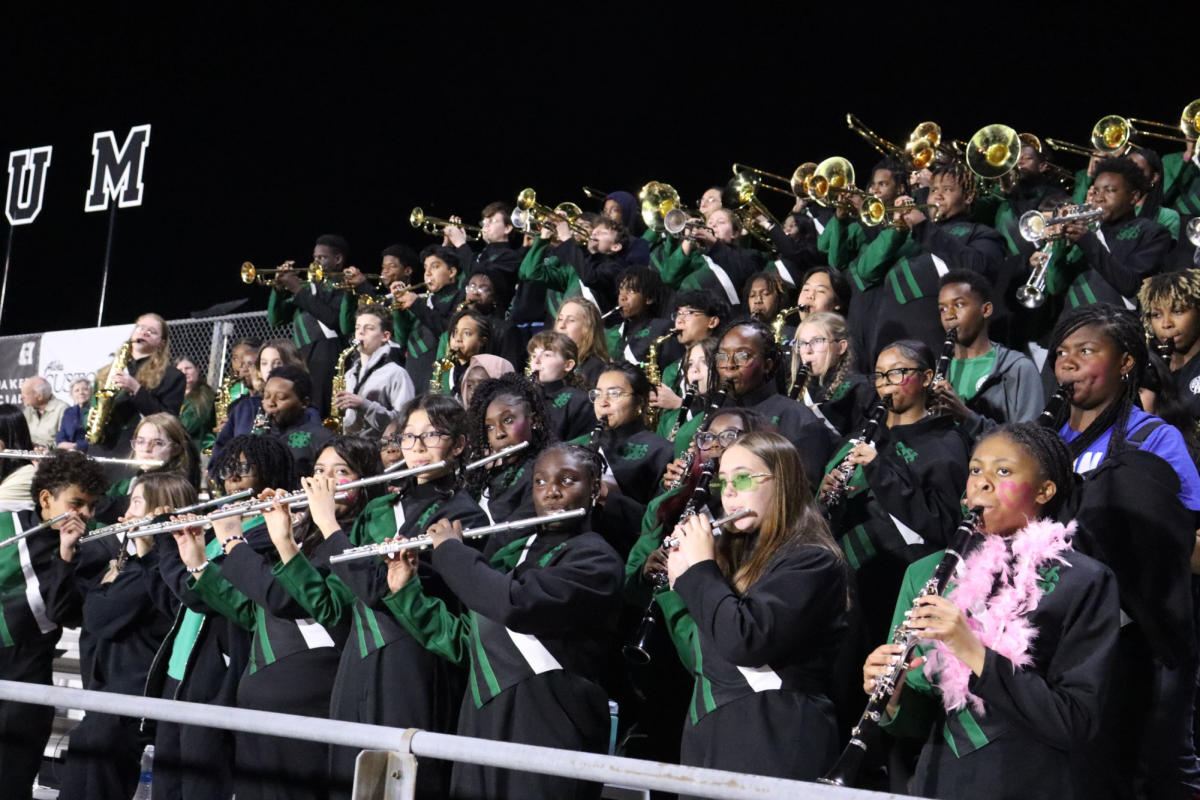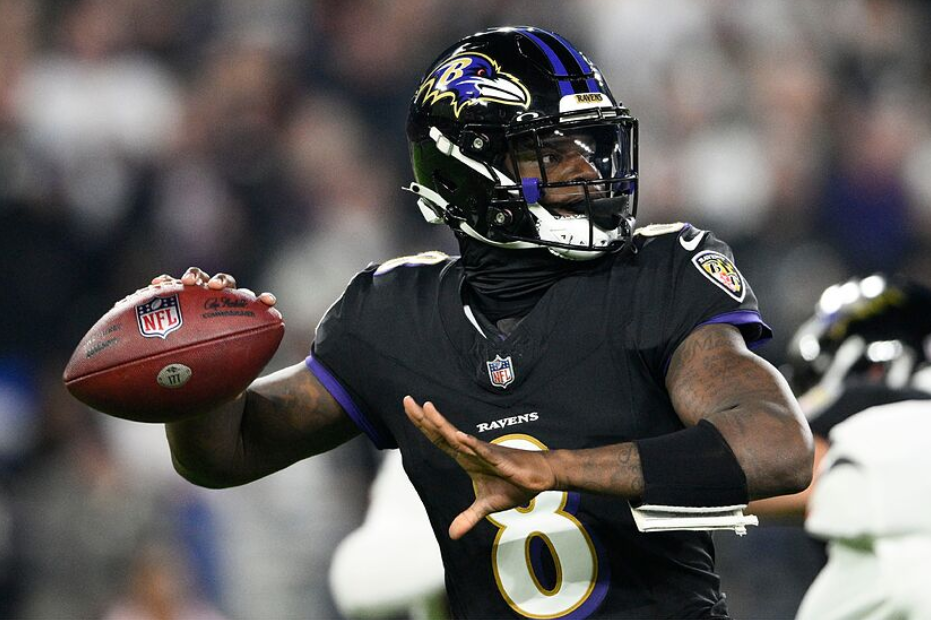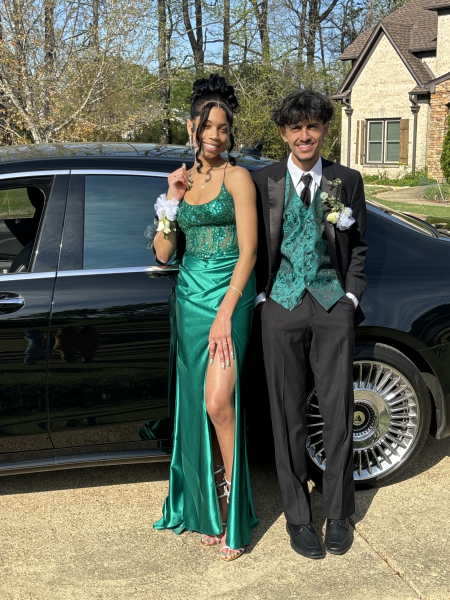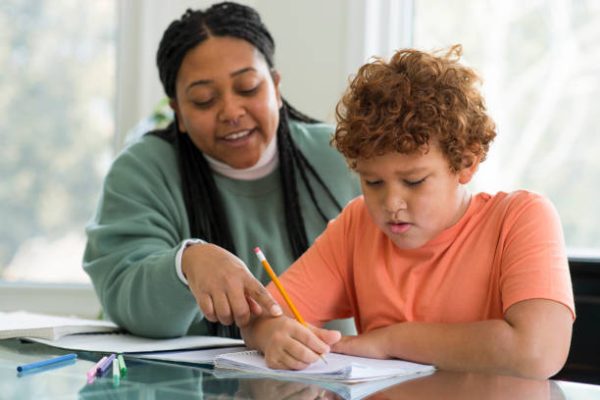Black history matters
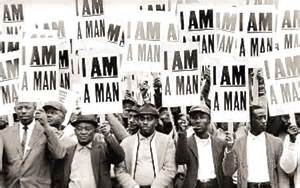
Peaceful demonstrators alongside Dr. Martin Luther King Jr. exhibit how they feel they should be treated.
“30 days has September, April, June and November. All the rest have 31, and February’s great with 28, and Leap Year’s February’s fine with 29” is how the saying is delivered. 180 days students learn from textbooks, teachers and teaching devices to be educated on the same history facts until they become memorized.
However, for one month teachers break away from the curriculum and a different culture is discussed: Black History. This short month (February) is crammed with immersing students in an unfamiliar history. But, what is the real problem here?
“Black History facts aren’t as commonly known because they are saved for one specific time because of the curriculum,” Regi Worles (12) said. “If a teacher really wanted to teach about Black History, then they could at any time, but the way that schools are set up they aren’t really discussed.”
Black History facts, in general, are not as ubiquitous as facts about the founding fathers. For example, most people don’t know that February became Black History Month because it encompassed the birthdays of Frederick Douglass and Abraham Lincoln (Source: Blackhistoryfacts.com). But most people know why, what year and who discovered America because it is a basis for their education. Black History is a part of the heritage of 50% of the students at White Station and it is only focused on for a single month (Source: scsk12.org).
At school, every year there is a Black History Program to further expose students to everything that African-Americans have been through. From slavery to the Civil Rights Movement, the topics are performed through all entertainment mediums. Nevertheless, some students choose to boo, hiss and laugh at the performers despite their efforts to provide unique experiences during their performances.
“Regardless of their personal race, in order to be culturally aware, it’s important to know the background of different people, ” Monique Beals (12) said.
Yes, there are parts of the curriculum that touch on the areas of Black History, but there is never any in-depth learning. Students know about Martin Luther King Jr. Students know about Harriet Tubman. Students know about Rosa Parks. However, they typically don’t know the actual details that contributed to the Civil Rights Movement and the Underground Railroad. Hearing things once a year (in February) is different from repetitive teaching of the same lessons.
“If you push something on somebody over and over again, they’ll resent it,” Alana Lamar (10) said. “Should [learning black history facts] be required? No. Should it be discussed? Yes.”
Your donation will support the student journalists of White Station High School. Your contribution will allow us to purchase equipment and cover our annual website hosting costs.



